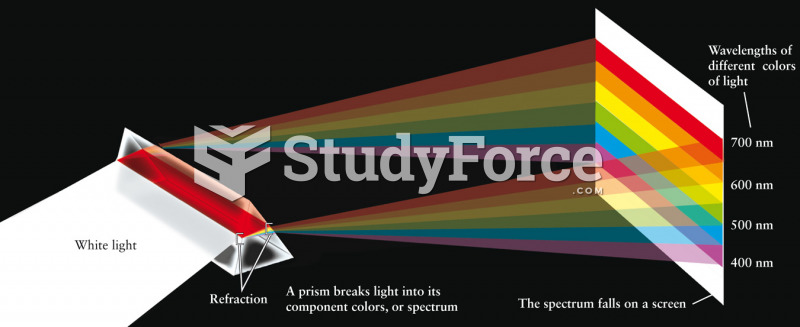|
|
|
The use of salicylates dates back 2,500 years to Hippocrates's recommendation of willow bark (from which a salicylate is derived) as an aid to the pains of childbirth. However, overdosage of salicylates can harm body fluids, electrolytes, the CNS, the GI tract, the ears, the lungs, the blood, the liver, and the kidneys and cause coma or death.
In 1886, William Bates reported on the discovery of a substance produced by the adrenal gland that turned out to be epinephrine (adrenaline). In 1904, this drug was first artificially synthesized by Friedrich Stolz.
Human stomach acid is strong enough to dissolve small pieces of metal such as razor blades or staples.
ACTH levels are normally highest in the early morning (between 6 and 8 A.M.) and lowest in the evening (between 6 and 11 P.M.). Therefore, a doctor who suspects abnormal levels looks for low ACTH in the morning and high ACTH in the evening.
As many as 28% of hospitalized patients requiring mechanical ventilators to help them breathe (for more than 48 hours) will develop ventilator-associated pneumonia. Current therapy involves intravenous antibiotics, but new antibiotics that can be inhaled (and more directly treat the infection) are being developed.
 Hydronephrosis. Normal kidney (left) and kidney with hydronephrosis (right) are compared. Note the d
Hydronephrosis. Normal kidney (left) and kidney with hydronephrosis (right) are compared. Note the d
 Frederick Douglass, having escaped from slavery in 1836, attracted large audiences as an antislavery
Frederick Douglass, having escaped from slavery in 1836, attracted large audiences as an antislavery





